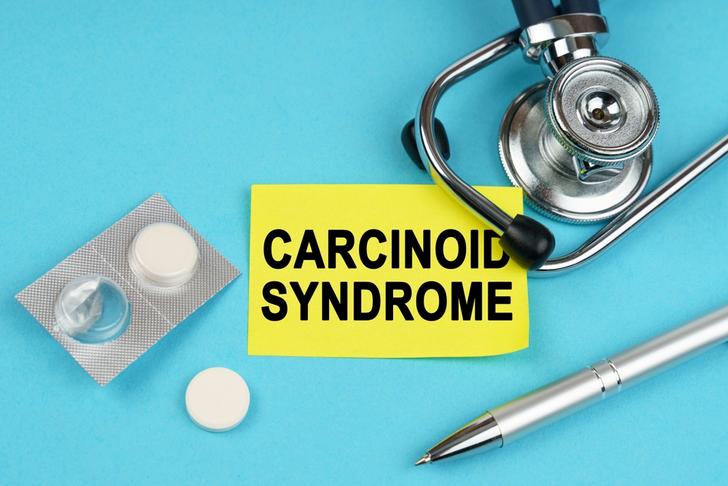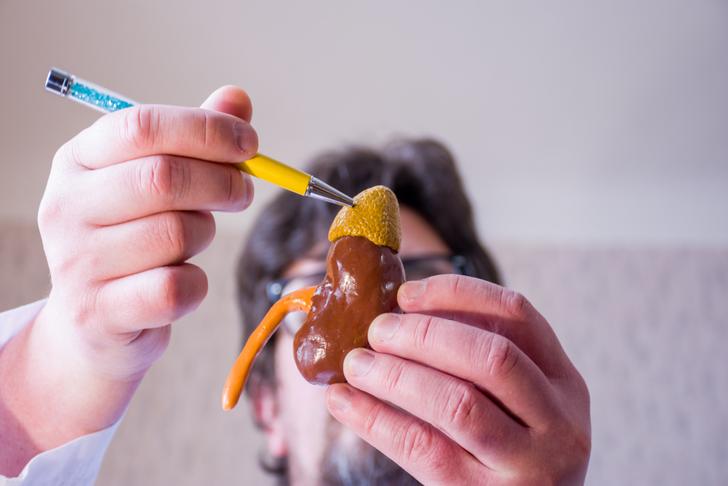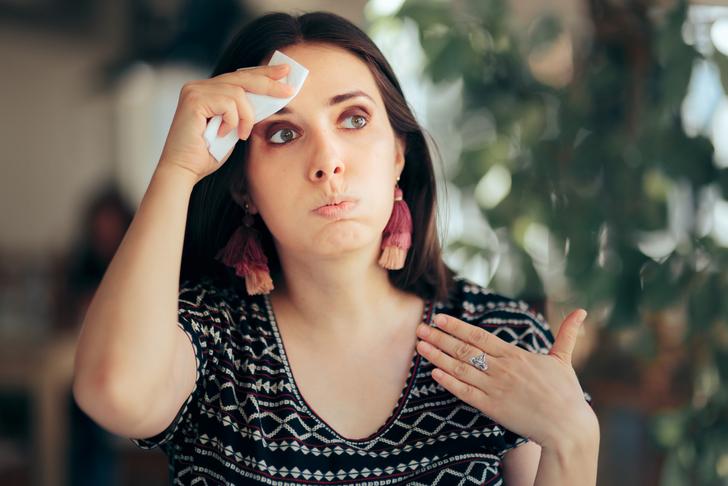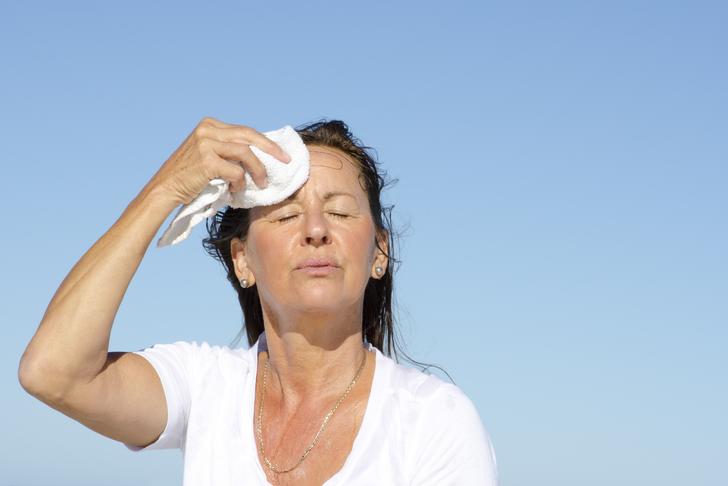10 Causes of Hot Flashes You Should Know
Hot flashes are sudden sensations of warmth, typically experienced in the face, neck, and chest, and can be accompanied by sweating and a rapid heartbeat. While they are most commonly associated with menopause, there are several other potential causes of hot flashes. This article will explore 10 common causes to help you better understand and manage this uncomfortable symptom.
Menopause
Menopause is the most well-known cause of hot flashes, affecting up to 75% of women during this time[[1]]. As estrogen levels decline, the body’s temperature regulation is disrupted, leading to hot flashes and night sweats[[2]].

Advertisement
Medications
Certain medications can cause hot flashes as a side effect, including some antidepressants, anti-anxiety drugs, and hormone therapies[[1]]. If you suspect your medication is causing hot flashes, consult your healthcare provider to discuss alternative treatments.

Advertisement
Hyperthyroidism
An overactive thyroid, or hyperthyroidism, can cause hot flashes due to increased metabolism and body temperature[[3]]. Other symptoms of hyperthyroidism include weight loss, rapid heartbeat, and irritability. Treatment for hyperthyroidism may help alleviate hot flashes.

Advertisement
Anxiety and Panic Attacks
Anxiety and panic attacks can cause hot flashes as part of the body’s “fight or flight” response[[4]]. During a panic attack, the body releases adrenaline, which can increase heart rate, blood pressure, and body temperature, leading to hot flashes.

Advertisement
Carcinoid Syndrome
Carcinoid syndrome is a rare condition caused by a tumor that releases hormones into the bloodstream, leading to symptoms such as hot flashes, facial flushing, and diarrhea[[5]]. Treatment for carcinoid syndrome typically involves managing the underlying tumor.

Advertisement
Pheochromocytoma
Pheochromocytoma is a rare tumor of the adrenal glands that can cause hot flashes, along with high blood pressure, rapid heartbeat, and excessive sweating[[6]]. Treatment usually involves surgical removal of the tumor.

Advertisement
Alcohol Flush Reaction
Some individuals experience hot flashes and facial flushing after consuming alcohol due to a genetic condition called alcohol flush reaction[[7]]. This condition is more common in people of Asian descent and can be managed by avoiding or limiting alcohol consumption.

Advertisement
Cancer Treatments
Hot flashes can be a side effect of certain cancer treatments, such as hormone therapy, chemotherapy, and radiation therapy[[8]]. Talk to your healthcare provider about strategies to manage hot flashes during cancer treatment.

Advertisement
Lifestyle Factors
Certain lifestyle factors can trigger hot flashes, including smoking, obesity, and a sedentary lifestyle[[9]]. Making healthy lifestyle changes, such as quitting smoking, maintaining a healthy weight, and exercising regularly, may help reduce the frequency and severity of hot flashes.

Advertisement
Diet
Spicy foods, caffeine, and hot beverages can trigger hot flashes in some individuals[[10]]. Identifying and avoiding dietary triggers may help alleviate hot flashes.

Advertisement
Symptoms
Hot flashes are a common symptom of menopause and perimenopause, though they can sometimes occur in other situations. Symptoms of hot flashes may include:
A sudden feeling of warmth spreading through your upper body and face
A flushed appearance with red, blotchy skin
Rapid or irregular heartbeat
A chilling sensation as the hot flash lets up
Sweating, particularly in the upper body
Night sweats if the hot flashes happen while you sleep
These symptoms can vary in frequency and intensity for each individual.
Advertisement
Treatments
There are several options for hot flash treatments:
Hormone therapy: Estrogen supplementation is the most effective treatment for hot flashes. Still, it isn’t suitable for everyone, particularly for people at high risk of cardiovascular disease, breast cancer, or blood clots.
Non-hormonal prescription medications: Certain antidepressants, anticonvulsants, and blood pressure drugs have been found to be effective in managing hot flashes.
Lifestyle changes: These include avoiding triggers such as spicy foods, alcohol, caffeine, stress, or being in a hot place. Dressing in layers, maintaining a cool environment, and using a fan can also help.
Alternative medicine: Some evidence suggests that techniques like acupuncture and hypnosis may help reduce the frequency and intensity of hot flashes.
Dietary Supplements: Some women report relief from hot flashes after using supplements like black cohosh, red clover, and soy, but the research on these is mixed, and they can have side effects.
To recap, hot flashes are a prevalent symptom most often associated with menopause, but other factors like certain medications, health conditions, and lifestyle habits can also contribute. They manifest as sudden, intense sensations of heat, often accompanied by sweating, rapid heartbeat, and a cooling period. The frequency and severity of hot flashes can vary significantly between individuals.
Understanding the root cause of hot flashes is instrumental in formulating a suitable treatment plan. This understanding can be achieved through open communication with a healthcare provider who can provide the most appropriate guidance and care.
Options for managing hot flashes extend from lifestyle modifications, avoiding known triggers, and using cooling techniques to hormonal and non-hormonal medications. Some individuals may find relief through alternative therapies like acupuncture or dietary supplements, although the effectiveness of these treatments may vary.
Advertisement
Conclusion
In conclusion, addressing hot flashes effectively calls for a patient-centered approach that considers the individual’s overall health, symptoms, and personal preferences. Collaborating with your healthcare provider is crucial in this journey towards managing hot flashes and improving your quality of life. Remember, while hot flashes can be uncomfortable, they are manageable, and help is readily available.

Advertisement





